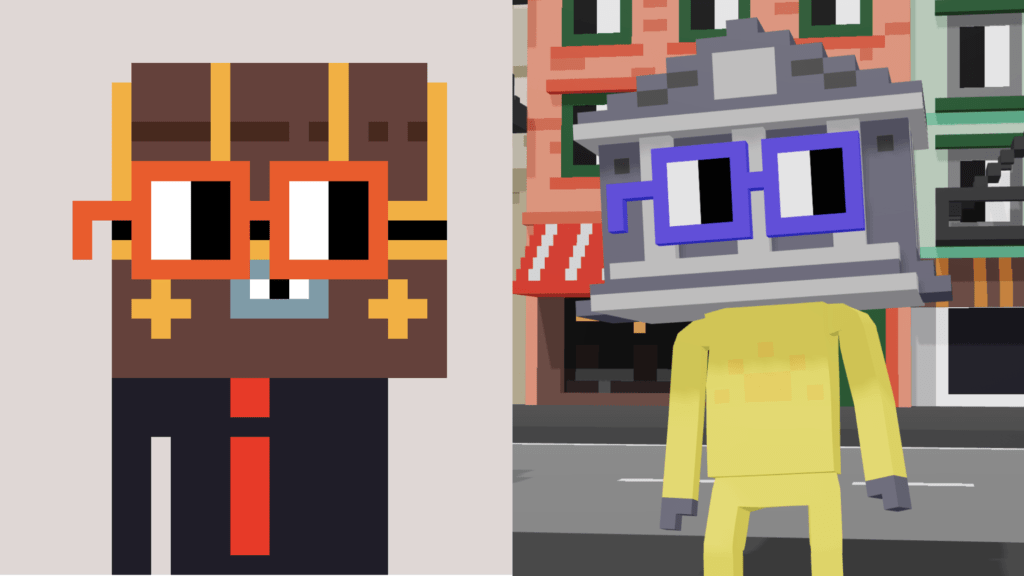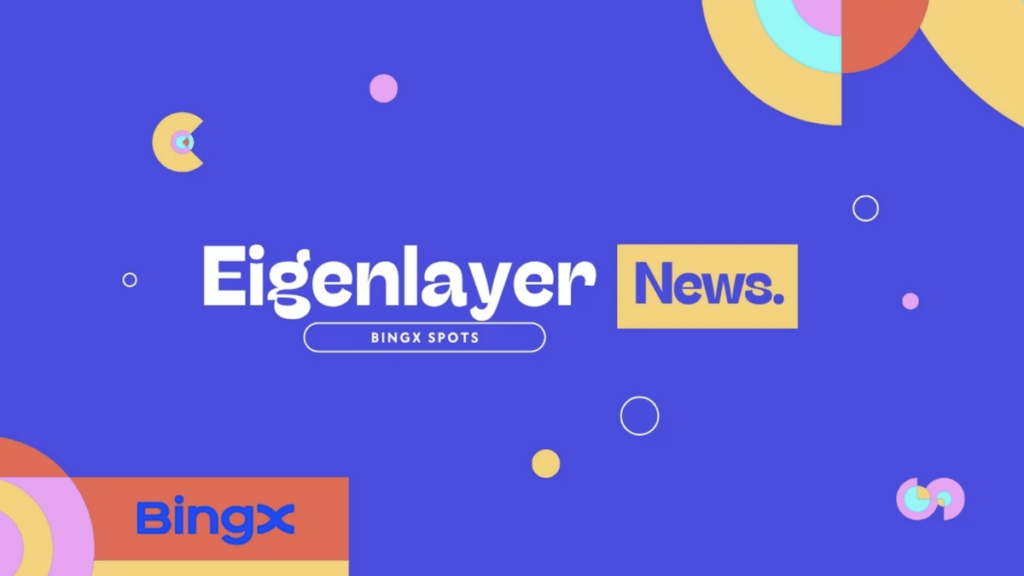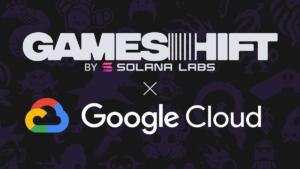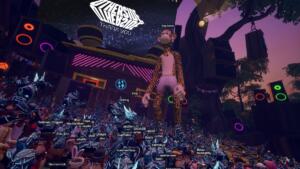Copyright is a gray area in the NFT domain, especially because it’s coupled with the asset ownership concept. On nftnewstoday, we have already explained how NFT projects deal with copyright and intellectual property issues using standard license agreements that grant the right to copy, display or resell NFTs. Nowadays, some NFT projects opt for a different license: Creative Commons 0 (CC0).
Creative Commons is a non-profit organization that provides licenses to grant copyrights for creative and academic works. There are several types of Creative Commons licenses, one of which is CC0.
CC0 allows creators to waive all their works’ copyright and related rights. It basically means “no rights reserved” or “no copyright.” If an NFT is released under CC0, it functions akin to public intellectual property (IP).
Top NFT projects with CC0 licenses include Loot, Nouns, Cryptoadz, Goblintown, Chainrunners, and Terrarium Club, among many others.
The NFTs from these projects can be used for many purposes, including commercial ones, without attributing to the original creators. It’s important to understand that nobody, not even the current owner, has exclusive rights to a CC0 NFT to copy or modify the original work for commercial or noncommercial purposes. It belongs to the public domain.
Join the open-source movement
Why would NFT creators choose to give up the rights to their work?
To begin with, CC0 NFTs reinforce web3’s open and permissionless collaborative culture. For example, XCopy released their “right-click save as” project under a CC0 license. By allowing anyone to create derivative work from this NFT, the famous crypto art duo raise awareness about the fact that NFTs are more than jpegs.
Right-click save as: public domain 💾 pic.twitter.com/wU4ivQxegA
— XCOPY 🏴 (@XCOPYART) January 21, 2022
Original NFTs become more valuable
The more derivatives of original artwork are created, the longer the original remains culturally relevant and continues to receive public attention.
Since the launch of the well-known CC0 NFT project Nouns, many spin-offs and derivatives have been created. One of them is Noundless, a PvE game built on the original Nouns NFTs. Another is 3D Nouns, a project that converts Nouns NFTs into 3D avatars.

Both Noundless and 3D Nouns are in the public domain as well. Therefore, others can build derivative projects also from them. This is valid for every project derived from Nouns. Consequently, every derivative adds to the original NFT project’s value, and its community continuously grows.
Ongoing royalties
CC0 NFTs can earn ongoing royalties from secondary sales, from all derivative projects. As a result, the founders of the original artwork gain additional income, which can be invested in the further development of the project.
New ways of creative expression
Thanks to the CC0 license, NFT creators can express themselves in new ways without building projects from scratch.
For example, the 3D Nouns project mentioned above allows its community to customize the NFT avatars through collaborations with other NFT projects. Moreover, it integrates Snapchat filters to enable NFTs with AR capabilities.
Another derivative of the Nouns project, Nounsvision, offers the owners of Nouns NFTs the opportunity to burn the NFTs and receive a pair of physical luxury sunglasses in return. After the NFT is burned, the physical counterpart is shipped along with a faux leather carrying case and polishing cloth.
Decentralized co-creation pays off
Some financial benefits, such as issuing a native currency for a project or DeFi solutions like yield farming and associating them with the underlying artworks, are only possible thanks to blockchain and NFT technologies. That’s why creating art projects with a CC0 license makes particular sense for NFTs.
All of these derivative projects can integrate their own incentive models. In the case of Noundless, for example, all NFT holders earn daily rewards paid in the project’s native currency, Rainbow.
DeFi and NFTs can be combined in so many ways that every participant in the ecosystem can get their share.
Author

Nagi An is a content writer who is passionate about NFTs, web3, DAOs, and DeFi. She's covers a variety of topics about NFT fundamentals.




